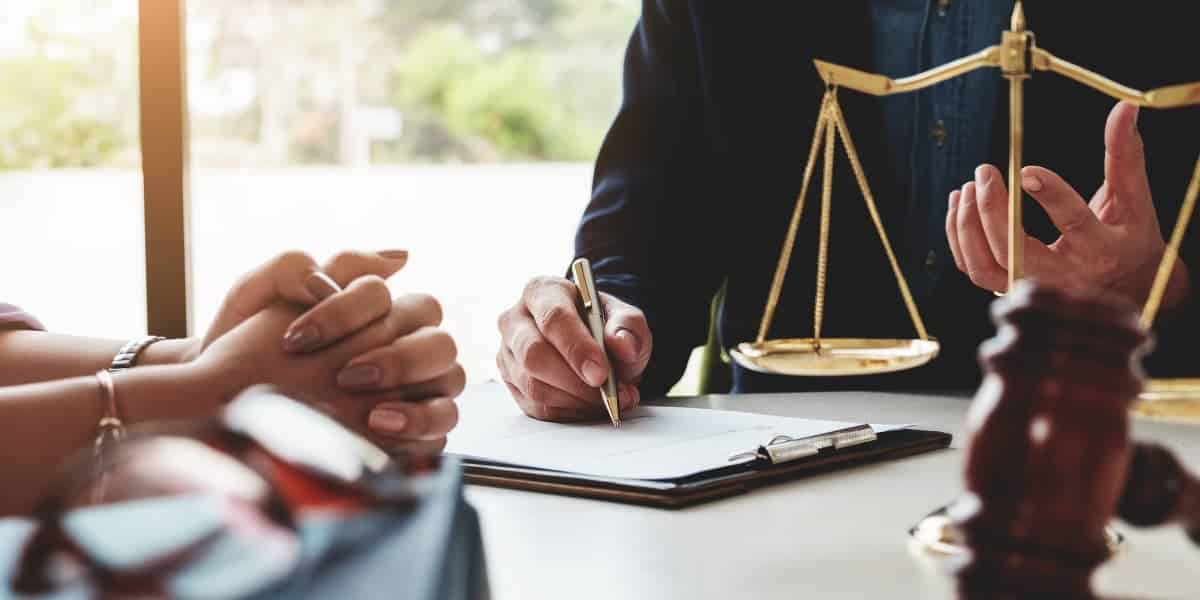Were you injured in an accident in Florida, but it wasn’t your fault?
You might have tried to put together a case yourself, or perhaps you’ve hired a lawyer who isn’t a specialist in personal injury claims. Have you considered whether you have a strong case in the first place?
The U.S. Department of Justice statistics show that plaintiffs only win half of all tort trials. How do you prove your case and receive the compensation you deserve for your injuries? Keep reading!
Personal Injury Claims
The 2020 Florida statutes state that the “substance of an action” is what determines whether an action rises to negligence. Personal injury claims usually require about four elements to be in place to have a strong case:
- The defendant owed a legal duty of care to the plaintiff
- There was a legal breach of duty by the defendant (or a failure to act)
- The breach of duty caused injury to the plaintiff
- The injury to the plaintiff caused monetary loss
Negligence refers to a failure to exercise the appropriate care expected in the given circumstances. In tort law, strict liability refers to liability imposed on a party without a finding of fault.
There are two types of personal injury claims that come under the legal area of “Tort Law.” An intentional tort claim attempts to prove an intent to harm, whereas a negligence tort claim tries to show harm caused by carelessness. Both are civil cases, so they will seek damages in the form of a monetary award.
Torts can also be criminal cases, where punishment in jail is decided instead of financial compensation.
The plaintiff might be suing for mental anguish or other forms of intangible damages, like pain and suffering. Understandably, you’d want to be compensated for lost paychecks, unexpected medical treatments, and damage to your personal property.
When it comes to slip and fall accidents, a lawsuit can be filed even if you weren’t in a place of business at the time. All public and private property owners have a duty of care to keep their spaces safe so that personal injuries do not occur.
Your Legal Rights After a Car Accident
The first thing that you should do after a car accident is to seek medical care immediately. That might sound obvious, but certain injuries, particularly involving the neck and brain, can have a delayed onset.
You must obtain copies of all documentation regarding the injuries that you have suffered. This information will be needed in your legal case to prove that the injuries were a direct result of the accident.
As well as medical bills, a car accident lawyer will want receipts for medicines and documentation of lost work hours, plus other costs/damages from the accident.
Proof of negligence often requires specific evidence, so keep all paperwork relating to an accident. The Florida statute of limitations for personal injury is four years in most circumstances, so you mustn’t delay legal action.
What if My Lawyer Is Not Fighting for Me?
If you feel like your legal team is letting you down, take a look at the Florida bar rules of professional conduct. If your legal representation is not meeting these professional expectations, then you need a new attorney.
There may be additional personal reasons that make you feel like you want to replace them. Perhaps they don’t even appear to be showing much of an interest in fighting your case from the get-go.
If they aren’t returning your phone calls or emails, then you have reason to doubt how committed they are to your injury claim. It should be noted that attorneys are often required to attend court throughout large parts of the day, so they may not be able to answer their cell phones. This is no excuse for them to not get back to you at the end of the day, or have another team member call you to answer questions.
If your lawyer starts to miss legal deadlines or doesn’t inform you of actions he/she is taking on your behalf, then you need a higher-quality attorney!
How Does Disability Work in Florida?
Florida doesn’t provide short-term disability benefits at the state level, so unless you have disability insurance (usually through an employer), you have two options.
There are two federal disability programs that a Florida accident lawyer can help you put a case together for. The Social Security Administration administers both.
The first is Social Security Disability (SSDI), and you’ll only be eligible if you have a qualifying work history. The second program is Supplemental Security Income (SSI), which is available to those who have low income and assets.
We previously wrote about what not to say in a disability interview, so you’ll want to take care because only 30% of applicants are approved.
You aren’t usually eligible for SSDI if you can work despite your disability, or can go back to work within the year. The condition must be severe enough to disrupt basic tasks related to work, whether this is mental or physical.
Evidence for the condition will need to be provided, in the form of medical records, or workers’ compensation claims. The condition will also need to be one that is listed with the SSA as “disabling.”
The SSA will also want to know if you can do any other work – whether you have any transferable skills, training, experience, or education.
Hire a Personal Injury Attorney Today
We’ve shown that personal injury claims can be tough to prove, whether it’s a negligent tort or an intentional tort. Don’t let the economic burden of your injuries fall on your shoulders.
If you’re an injured party in Florida, we can help you win your case. We are Labovick Law Group, and we provide unmatched services that are best suited for our clients’ needs.
Contact us today, and we’ll get started on your case.





